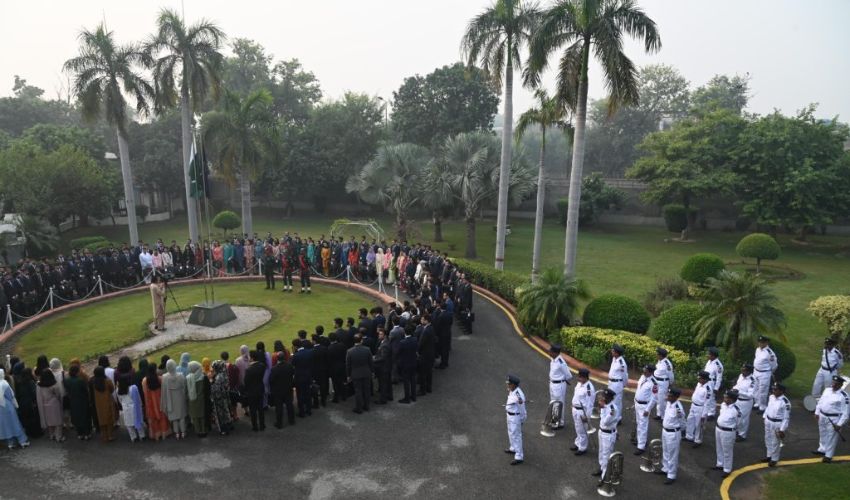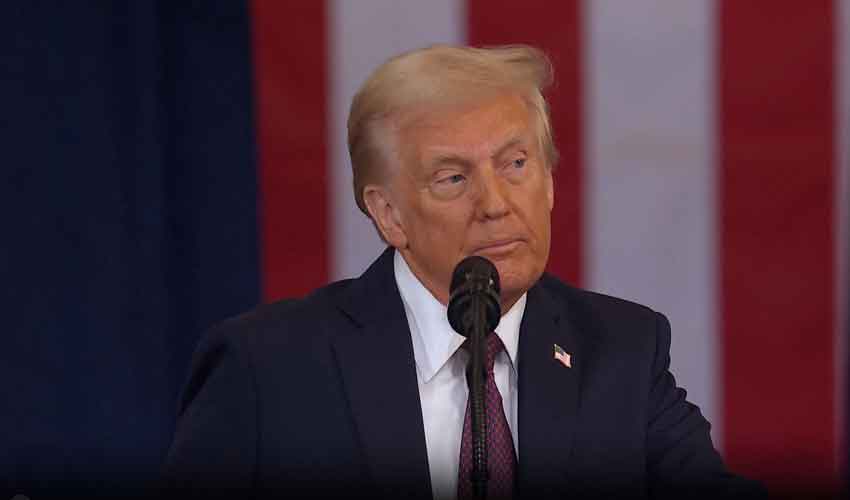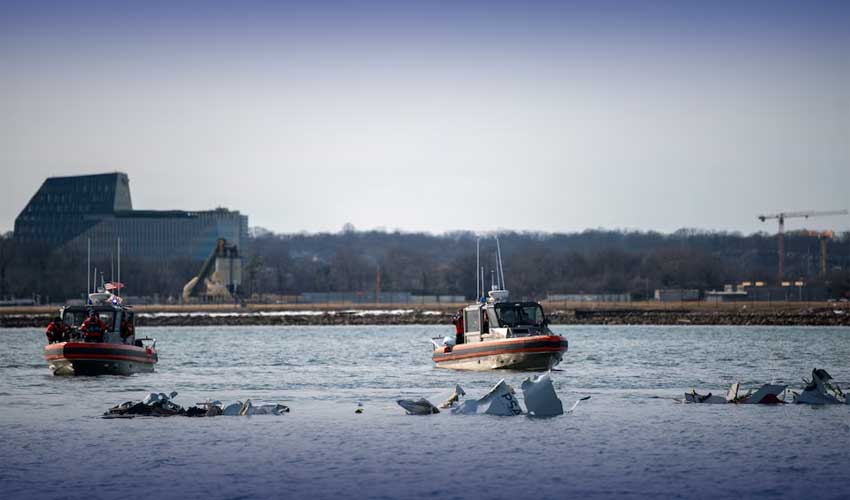Iran has decided to seal its border with Afghanistan due to rising terrorist activities in the region.
Various terrorist groups including TTP, Islamic State of Khorasan and others are present on Afghan soil and from here they carry out terrorist activities in neighboring countries Pakistan and Iran.
Apart from this, there has also been an increase in tensions and clashes on the Pakistan-Afghan and Iran-Afghan borders.
Since the Afghan Taliban seized power in Afghanistan in 2021, terrorism has increased in the region.
Pakistan focused on preventing the infiltration of terrorism from the Afghan territory by erecting a long fence on the border with Afghanistan, while due to rising terrorist activities, Iran also decided to erect a fence on the Afghan border.
According to the foreign ministry of Iran, Four Army Border Engineering Groups have started operations in the northeastern region of Iran to seal the border with Afghanistan.
The provinces of Iran in which the Afghan border will be sealed includes Mazandaran, Gulistan, Rizvi Khorasan, North Khorasan, South Khorasan, and Samnan.
According to Brigadier General Hassan Makfi, Ground Forces Commander, the Iranian Ministry of Interior has allocated a budget of 3 billion dollars to build barbed wire, fences and a four-meter high concrete wall on the Iran-Afghan border.
Iranian Minister of Defense Mohammad Reza Ashtiani said that; the continuous efforts of the defeated Taliban in Afghanistan to revive terrorist groups like Daesh is a great threat to the region.
After the Kerman bombing, Iran's decision to seal the Afghan border proves that the terrorists entered Iran from Afghanistan and seriously damaged the country's security.
Iran's decision to erect a fence on the Afghan-Iranian border was also appreciated at the international level and in this regard, Caspian News said that the illegal immigrants entry in Iran through the Afghan border, terrorism and drug trafficking have increased dramatically since the Taliban regime gained power.
Caspian news reported that more than 8 million Afghan citizens were living illegally in Iran, of which 5 million have been deported by the Iranian government.
The eastern and southeastern regions of Iran are also used by the Taliban as a major route for drug trafficking into Europe.
The water disputes between the two countries have also intensified since the Taliban came into power.
According to Iranian officials, under the agreement signed in February 2021, the Taliban agreed to allocate 820 million cubic meters of water from Helmand to Iran every year, but this agreement has not been implemented so far.
Will the Taliban regime change its illegal and terrorist activities and policies when the border with Iran is closed like Pakistan?
Closing the Afghan border will not have any negative effects on the economy of Pakistan and Iran, but will the Taliban be able to manage their disastrous economy after the borders are closed with all the neighbouring countries?



























